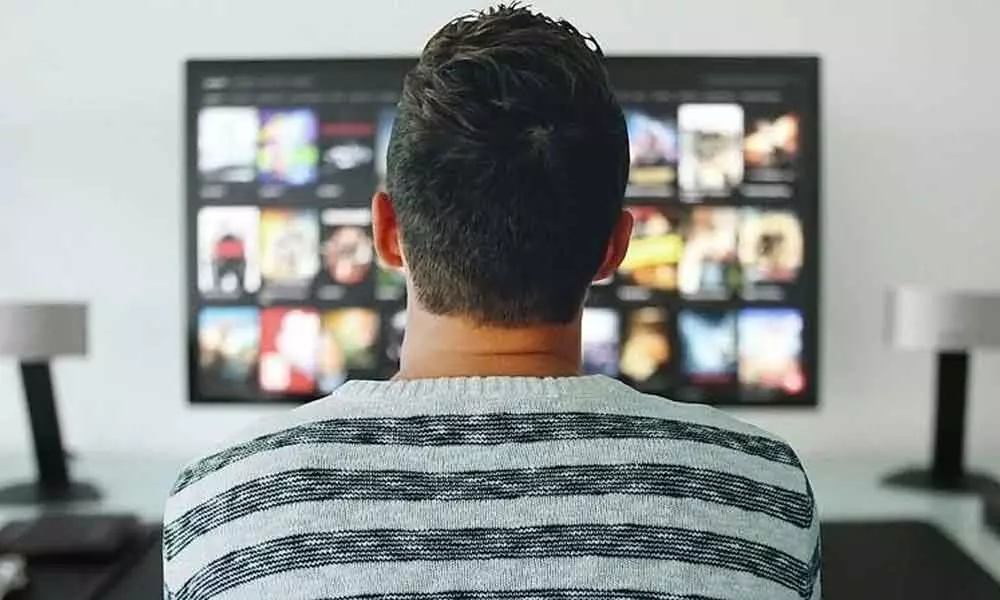Can excessive screen time cause skin ageing?

Screens are everywhere in this day and age. Digital devices have become less of a pastime and more of a troubling habit.
Screens are everywhere in this day and age. Digital devices have become less of a pastime and more of a troubling habit. Exposure to adequate levels of natural light during the day has been reduced and there is over exposure to relatively high levels of artificial light at night.
More time is being spent on smartphones, tablets or computer screens and less and less time spent playing outside, reading a book, or socialising with peers.
Sitting at a computer all day and peering into the phones at night, the screen time exposure is much more than the previous generations.
This has led to a growing concern over the safety of these light sources as we don't yet know even half the damage that all of this may, or may not, be doing to our body.
Excessive screen time has been linked to insomnia, mood disturbances and eye damage previously, and now a new aspect of its relation with skin ageing is under research. Dr Richa Nagpal, Consultant, Dermatology, Fortis Hospital, Noida explains this in detail.
All the digital screens are known to emit high energy visible light also called as 'The Blue light'. As the name suggests, it lies in the spectrum of visible light and has a short wavelength (450-490 nm) and higher amount of energy.
Sunlight is the major source of blue light outdoors and the LEDs, fluorescent lights and digital screens (found on TVs, smartphones, computers, laptops, tablets and gaming systems) form the main indoor sources.
Although, the amount of high energy visible light these devices emit is only a fraction of that emitted by the sun, but the amount of time people spend using these devices and the proximity of these screens is a cause of concern.
Excessive screen time has been linked to insomnia, mood disturbances and eye damage previously, and now a new aspect of its relation with skin ageing is under research.
Natural skin ageing is a gradual process that occurs over a period of years. The production of reactive oxygen species increases with age and the ability of human skin cells to repair DNA damage steadily decreases with ageing.
The primary concern with exposure to blue light is that it generates free radicals, which plays an important part in skin ageing. Since it has high energy it can penetrate deep into the collagen and elastin causing further skin damage.
Excessive screen time also disrupts the circadian rhythm, which is necessary for a sound sleep and the cellular repair which is greatest at night.
So, on top of accelerating the production of free radicals, the regeneration process of skin is also compromised. Theoretically, an increased risk of pigmentary disorders such as hyperpigmentation is there with chronic use of smart phones and other electronic devices.
A lot of research is being done into the effects of visible light on skin and as of now the likelihood that blue light leads to premature ageing of the skin is very remote and its role in hyperpigmentation remains speculative.
However, keeping in mind the probable health concerns associated with the blue light, the screen time should be minimised. It is a good idea to shut off all the digital devices a couple of hours before bed.
Further exposure can be reduced by either adjusting the level of blue light on the screens or use of specialised screen that filters blue light.

















